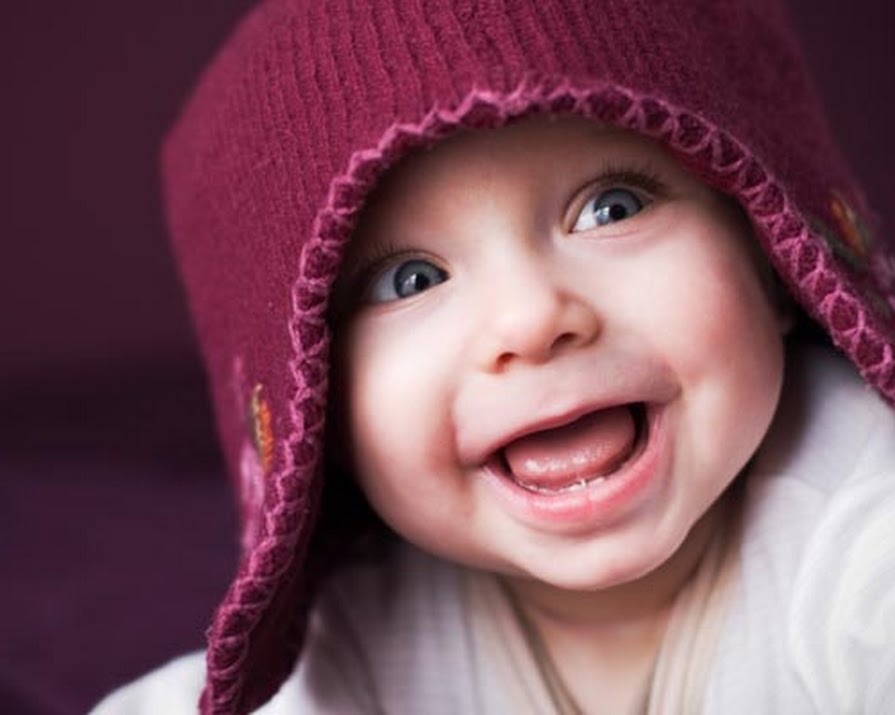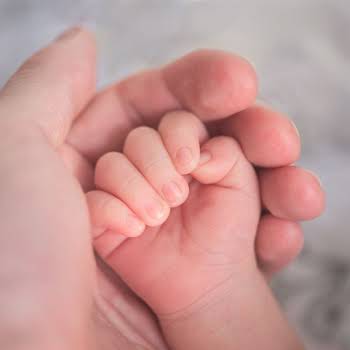
By Jennifer McShane
06th Jul 2019
06th Jul 2019
Have you ever wondered what is going through your little one’s mind as they smile away? We have…
Most of us will agree that nothing hurts our ovaries more than when a cute baby smiles. It is probably one of the sweetest sights to behold, and now a team of researchers have done further research into exactly why babies are keen grinners.
Have you ever wondered what is going through your little one’s mind as they smile away? Well, all in the name of science, this new study has a more in-depth answer. According to researchers at the University of California in San Diego, their study confirms what most parents already know: when babies smile, they do so with a purpose – to make the person they interact with smile in return.
Though the study, which involved watching interactions between 13 mums and their 4 to 17-week-old infants, did not prove whether or not babies are actually conscious of doing this, it further proved that tiny tots have a grasping of goals even at such an early age.
Related: My baby just isn’t smiley. Get over it
In addition, the research said that babies reach that getting-you-to-grin goal by using ‘sophisticated timing’? The study explained this more: Infants used “maximally efficient wait times between smiles”, because, if they stop smiling entirely, their mother is likely to also stop smiling at some point. However, they added that the babies seem to do this with as little effort as possible. This is logical, as most of us need only see a hint of a smile before we start grinning back in order to try and make the smiling continue.
“If you’ve ever interacted with babies, you suspect that they’re up to something when they’re smiling. They’re not just smiling randomly,” said Javier Movellan, one of the study’s authors. “But proving this is difficult.”
To verify their findings, researchers programmed a toddler-like robot to behave like the babies they studied and had the robot interact with undergraduate students. They obtained the same results: the robot got the undergraduates to smile as much as possible while smiling as little as possible.
“Even though the sample size was small, the findings were statistically strong,” said Movellan. “Our analysis found that 11 out of the 13 babies in the study showed clear signs of intentional smiling.”
Researchers detailed their findings in an innovative study that combined developmental psychology, computer science and robotics – an approach that had never been tried before, to the best of the researchers’ knowledge.
“What makes our study unique is that previous approaches to studying infant-parent interaction essentially describe patterns,” said Messinger. “But we previously couldn’t say what the mother or infant is trying to obtain in the interaction. Here we find that infants have their own goals in the interaction, even before four months of age.”
Though the study doesn’t tell us much more than what we were already privy to, the added insight makes for an interesting weekend read.
Read more about the study here.
Read more:























